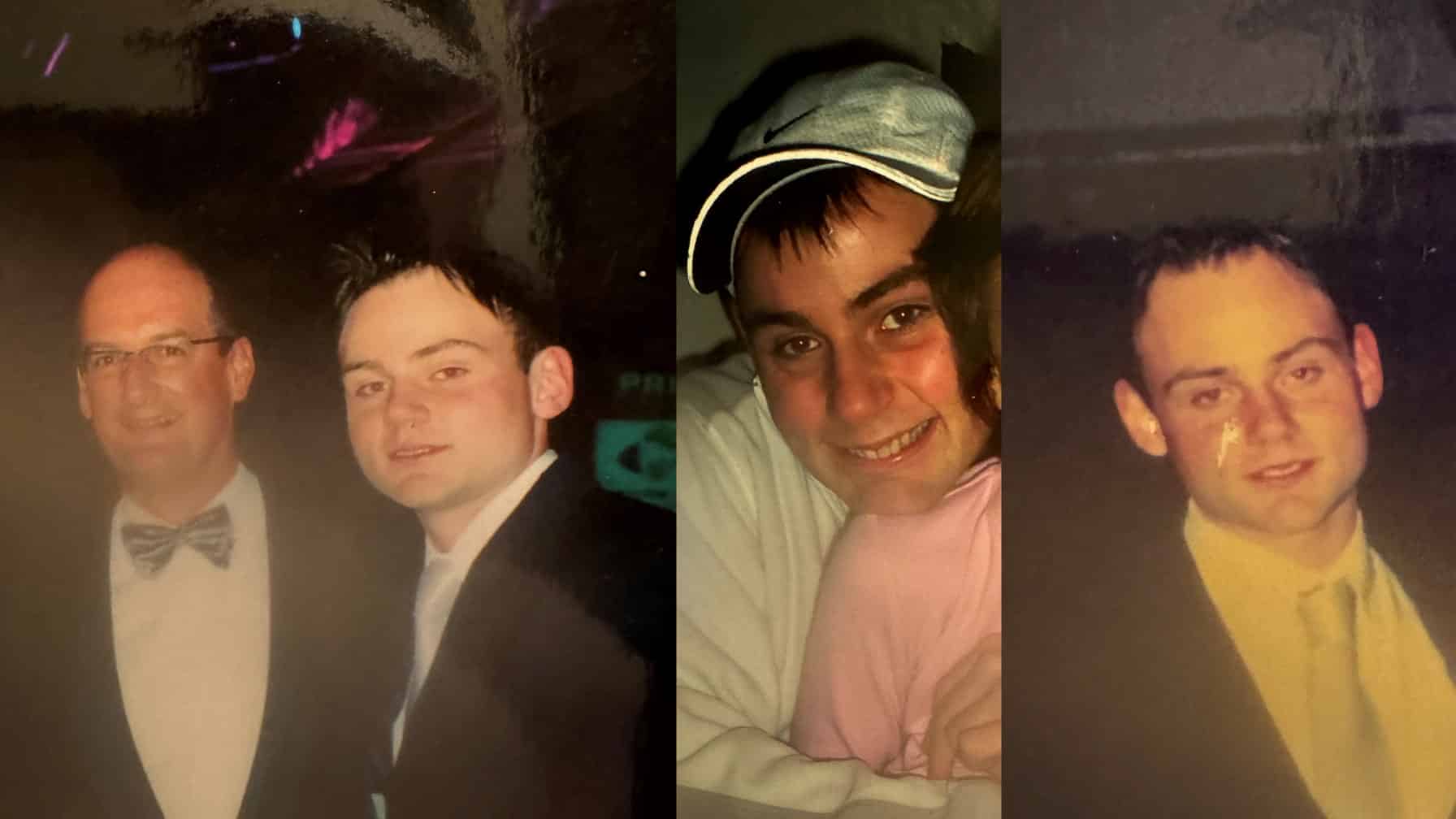In 2005, Sam Alderton-Johnson applied for a scholarship through Youth Off The Streets’ National Scholarship Program at his caseworker’s suggestion.
“I had ambitions to go to university, but I failed all my trial HSC exams,” Sam remembers.
“That’s when I realised that the only real tool I had to transform the life I’d been given was education.”
From then on, Sam knuckled down – studying for upwards of 10 hours a day and re-teaching himself the HSC syllabus.
“I went from bombing all of my assessments to topping my Legal Studies class and earning the ATAR I needed for university,” Sam says.
At the time, he was living in a foster care placement through Barnardos Support Services.
He was among the first young people to receive a $2000 Youth Off The Streets scholarship through the newly established scholarship program.
“I was looking for financial support so that I could pay for course fees, books and resources, and I found it really valuable,” he says.
“But it wasn’t really about the money. It was about being recognised as someone who was struggling and trying to succeed despite their challenges.
“The scholarship was something I was really proud of.”
Sam studied at the University of UNSW, where he started an honours degree in criminology.
“For me, criminology is about understanding the impact of social justice, inequality and trauma and how that affects crime,” Sam says.
“There are a range of social factors that put people at risk of offending – like complex childhood trauma, mental health issues and addiction.
“Growing up the way I did gave me a real insight into that lived experience and reality.”
During his first semester at university, Sam aged out of the foster care system and was unable to find a place to live at youth accommodation.
He had no choice but to defer his degree and couch surfed for nearly a year.
“I didn’t have a standard university experience – it took me eight years to finish a four-year degree,” Sam says.
He first gained practical experience in the youth justice sector by working at the local PCYC.
Then he transitioned into the public sector, coordinating high-level social policy projects across the state for government secretaries.
“I worked in the juvenile prison space for a number of years, and then worked for a community organisation called Weave,” Sam recalls.
“I did my master’s degree in teaching, before I assisted Aboriginal Affairs to coordinate a response to the parliamentary inquiry into the Bowraville Murders.”
“I went on to work at the Aboriginal Languages Trust, where we established the Board, drafted the strategic plan and recognised and reinvested in the revitalisation of First Nations languages.”
Sam brought all the knowledge and experience he had gained to Impact Policy AU.
Impact Policy AU is a First Nations consulting firm grounded in community engagement, co-design, research, evaluation and effective communication.
“Being a Blackfella and having Aboriginal people in our team… we want to make sure that our communities have a voice and can meaningfully participate in the development of policies that affect them,” Sam says.
Impact Policy AU has worked closely with the Department of Communities and Justice, Aboriginal Affairs, the Aboriginal Languages Trust and the Department of Planning, Housing and Infrastructure.
“A lot of the work we do is around Aboriginal affairs and policies that affects our people,” Sam continues.
“But the services we provide are applicable across all sectors, as there’s a lot of real wisdom and learning in Aboriginal ways of knowing, being and doing that add value to policy as a whole.”
Sam says that this is also true of communications, where storytelling, yarning and grassroots community engagement can inform a range of social policy portfolios.
“We need to shift the discourse around ‘solving the Aboriginal problem’ and looking to Aboriginal communities as solutions,” Sam says.
“We need to focus on decolonising criminology in terms of how we position Aboriginal people as central to justice, and how we understand the impact of state violence and its perpetuation of the issues we have in the justice system today.”
These are some of the lessons that Sam now teaches to criminology students at UNSW, where he works as Senior Lecturer while balancing his responsibilities at Impact Policy AU.
Sam is also busy building his own scholarship program.
“It’s based around Blak philanthropy,” he explains. “Last year, Impact Policy did a call-out to Aboriginal business owners and asked them to donate $1,000 to individual kids.
“This year, we’re leveraging our connections around the principles of access, equity and inclusion to fund grants that community members can apply for.
“It’s my way of giving back and paying it forward, because organisations like Youth Off The Streets were really important to me as a young person.”

